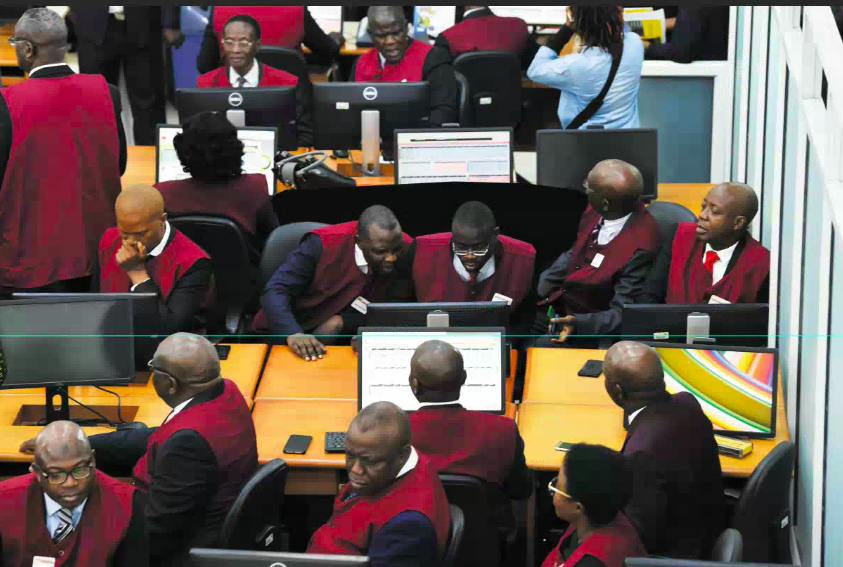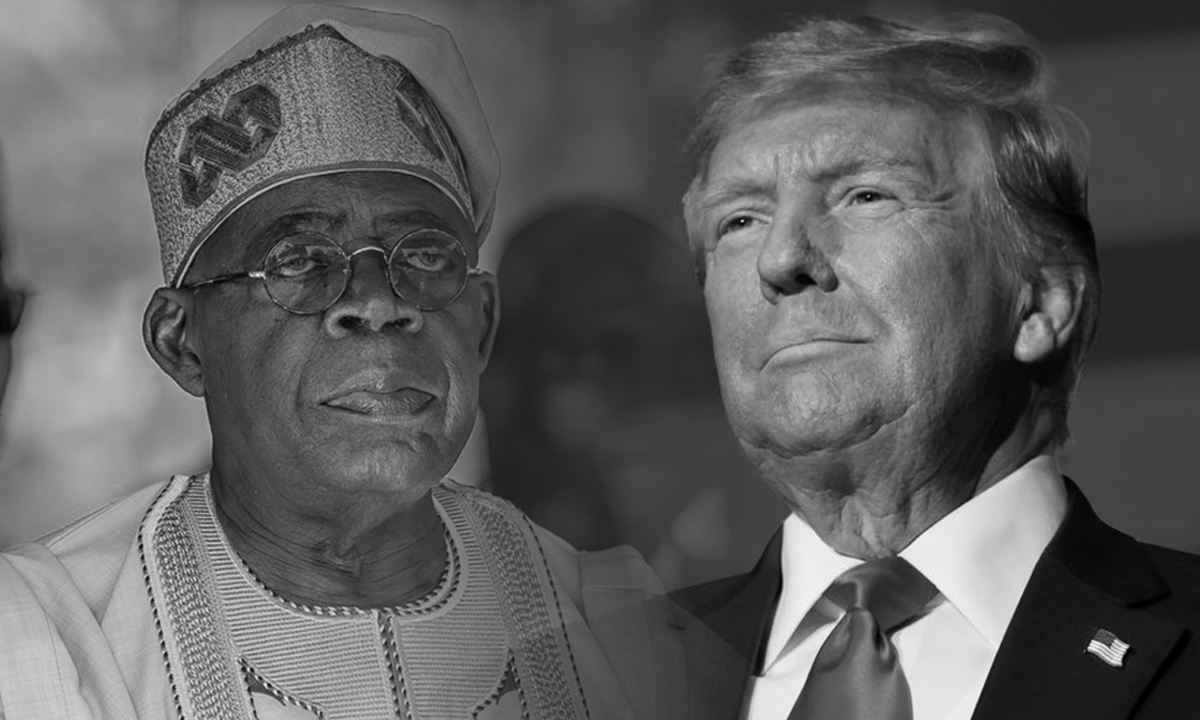Alex Enumah in Abuja
A Professor of International Environmental and Public International Law, Cyprian Edward-Ekpo, has called on President Bola Tinubu to reverse the suspension of Rivers State Governor, Siminalayi Fubara, before the hearing of the suit filed by some governors at the Supreme Court.
Edward-Ekpo, who is also the Director, Institute of Law Research & Development of United Nations (ILAWDUN), Washington D.C, USA, explained that the swift and corrective action would help reaffirm the president’s commitment to democracy, thereby repositioning his image as a leader who values the rule of law, and demonstrates that he listens to the people.
Reacting to the legal action, Edward-Ekpo said the president, allowing the Supreme Court to dismiss the matter either by technicality or by forcing the parties to withdraw the suit, as some people anticipate, would damage his reputation as a pro-democracy advocate.
“I am aware that the courts, particularly the Supreme Court, are currently saddled with this matter. Mr. President, heeding my humble appeal is your best course of action.
“I understand that you are caught between the Devil and the Deep Blue Sea — a difficult choice — waiting for the court’s decision on this constitutional crisis or taking the more prudent and popular path of correcting the error now.
“Let me explain why the latter is the wiser option: (a) If the Supreme Court upholds the emergency declaration and the suspension of a democratically elected state governor and legislature by another democratically elected official (the President and the National Assembly), it will permanently stain your legacy.
“You will be remembered as the president who undermined constitutional principles and legitimised illegality. Regardless of the court’s ruling, the perception will be that the Supreme Court was influenced by you.
“However, in their commitment to justice and constitutionalism, the Supreme Court Justices cannot, in good conscience, sustain such an obvious constitutional violation. Section 305 of the Constitution of Nigeria does not grant a democratically elected President the power to suspend or remove a democratically elected state government under a federal system—under any guise.
“It also does not empower the National Assembly to take a voice vote to determine a two-thirds majority or override constitutional provisions to justify a state of emergency in this instance.
“Additionally, such an action of imposing a sole administrator on a state would directly contradict Section 1(2) of the Constitution of Nigeria, 1999, which explicitly forbids governance by a military-style sole administrator.
“Furthermore, a state of emergency can only be justified when there is a genuine breakdown of law and order that overwhelms the Nigeria Police Force—conditions that were not present in Rivers State.
“Nevertheless, the Supreme Court of Nigeria, known for its tendency to violate the fundamental right to a fair hearing, may, in an attempt to evade addressing these critical constitutional questions, resort to dismissing the case on technical grounds.”



